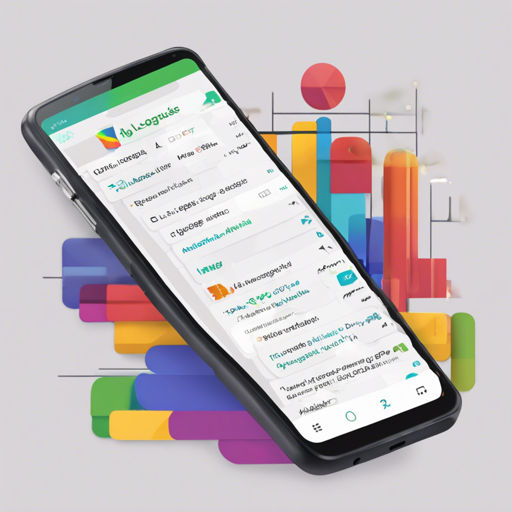LogUtils simplifies your logging process in Android applications, allowing you to manage log statements easily and effectively. This guide will walk you through the features, usage, and troubleshooting of LogUtils. Let’s dive in!
Features of LogUtils
- Convenience in logging various data types: List, Set, Map
- Flexible tagging and categorization of logs
- Integration with Android Intent and Bundle messages
- Supports both debug and release modes
- Compatible with Android Studio 3.1
How to Implement LogUtils in Your Project
To start using LogUtils in your Android project, follow these steps:
Step 1: Add Dependency
Open your build.gradle file and include the following implementation:
groovy
implementation 'com.apkfuns.logutils:library:1.7.5'
Step 2: Configure LogUtils
If you are using the no-op release mode, you should configure it as follows:
groovy
debugImplementation 'com.apkfuns.logutils:library:1.7.5'
releaseImplementation 'com.apkfuns.logutils:logutils-no-op:1.7.5'
Step 3: Set Up Log2File
If you want to log entries into a file, you can use the Log2File utility. Here’s how you do it:
java
LogUtils.getLog2FileConfig().configLogFileEngine(new LogFileEngineFactory(context));
Make sure to add the appropriate permission in your AndroidManifest.xml file:
xml
Understanding the Code: An Analogy
Think of LogUtils as a well-organized kitchen. Each ingredient (data type) you need for your recipe (application) is easily accessible. Just like you would categorize your spices, vegetables, or grains in specific compartments, LogUtils allows you to categorize your logs based on their types like List, Set, or Map. When you want to prepare your dish (log something), you can quickly grab what you need without rummaging through a messy counter.
Troubleshooting Common Issues
Here are some common issues you might encounter while using LogUtils:
- I can’t see my logs: Ensure that you are running your app in debug mode and that logging is enabled.
- Permission Denied: Make sure you have correctly added the
WRITE_EXTERNAL_STORAGEpermission in yourAndroidManifest.xml. - Dependency Not Found: Double-check that you’ve included the correct dependency in your
build.gradlefile.
For more insights, updates, or to collaborate on AI development projects, stay connected with fxis.ai.
Conclusion
LogUtils provides developers with a straightforward way to manage logging in their Android apps, contributing to cleaner and more maintainable code.
At fxis.ai, we believe that such advancements are crucial for the future of AI, as they enable more comprehensive and effective solutions. Our team is continually exploring new methodologies to push the envelope in artificial intelligence, ensuring that our clients benefit from the latest technological innovations.

